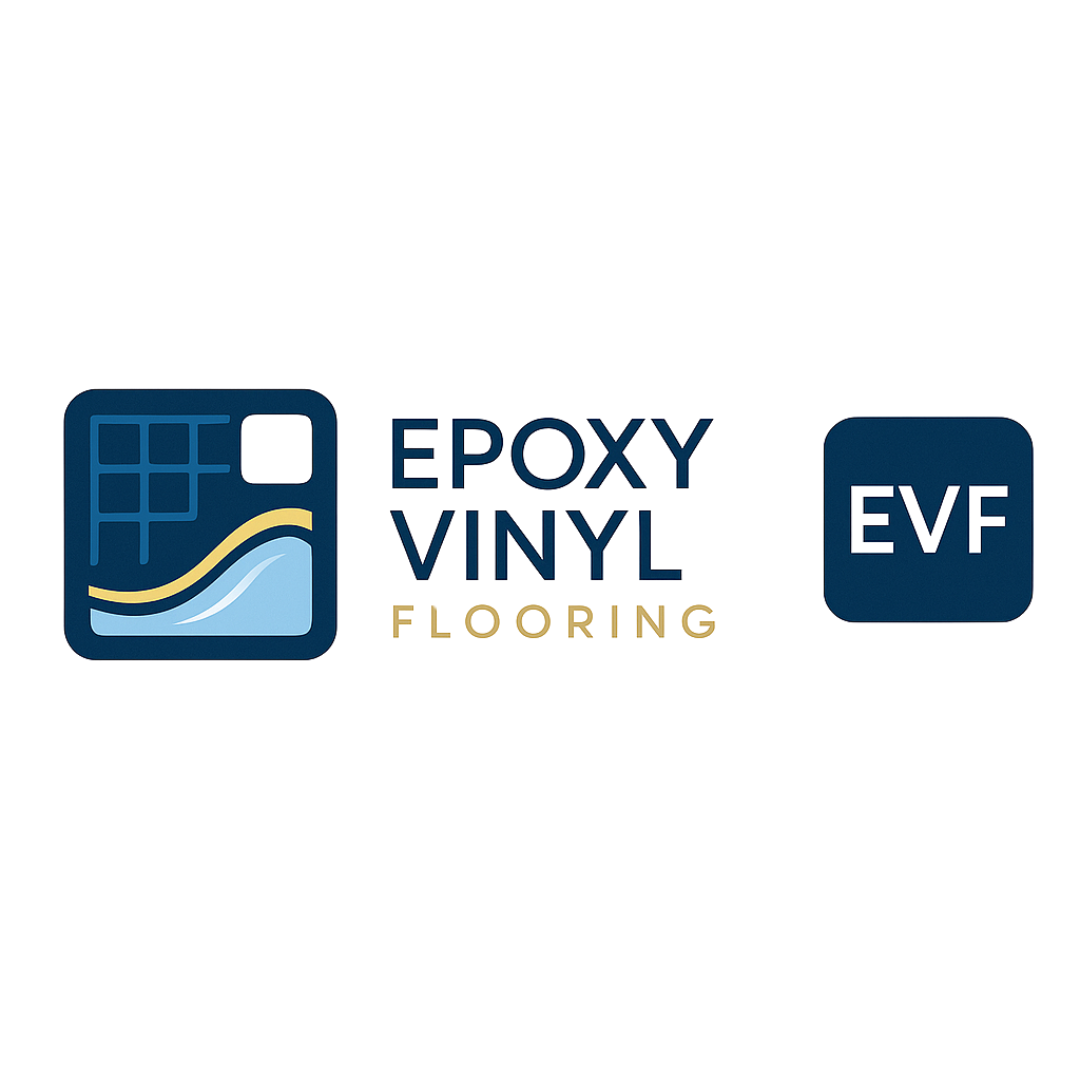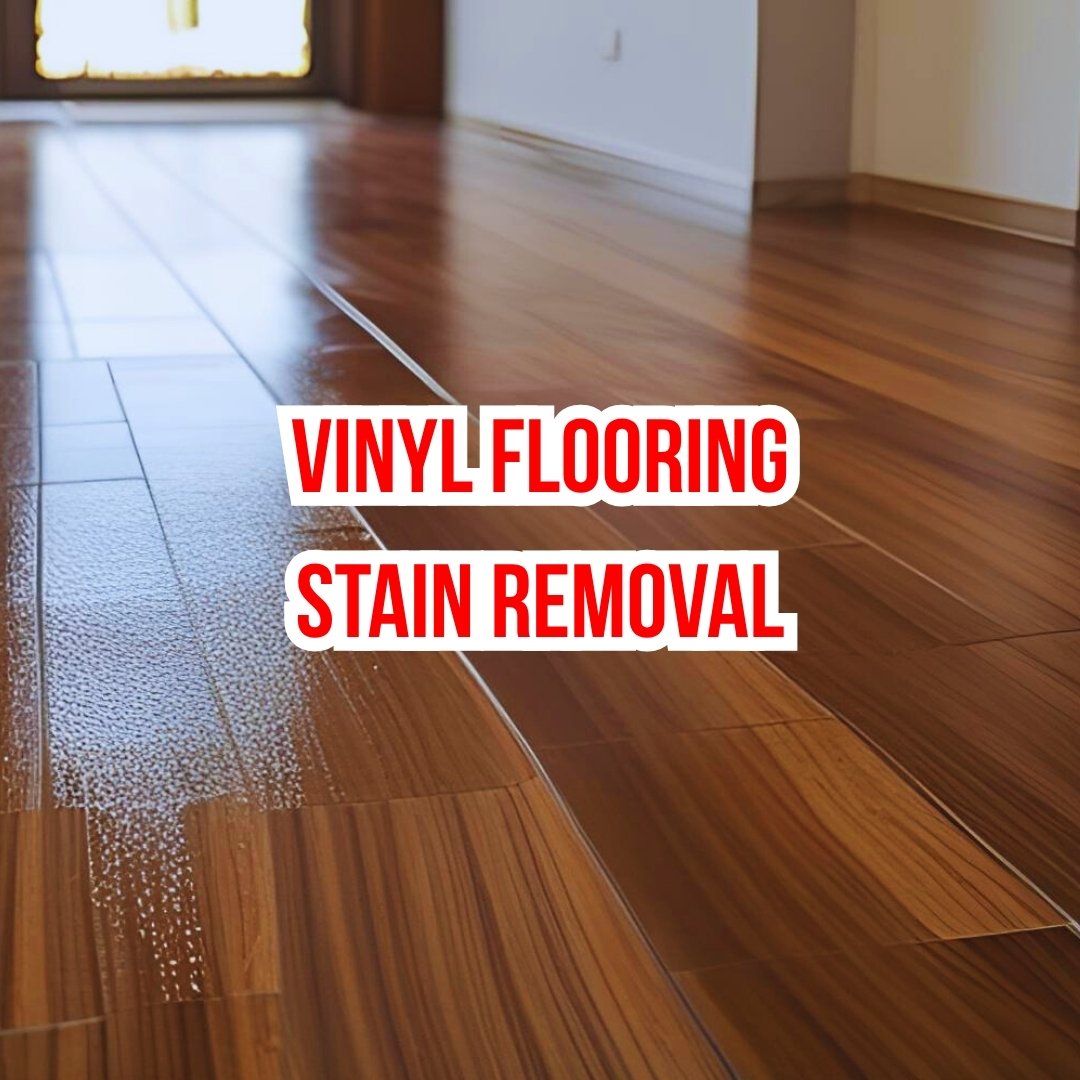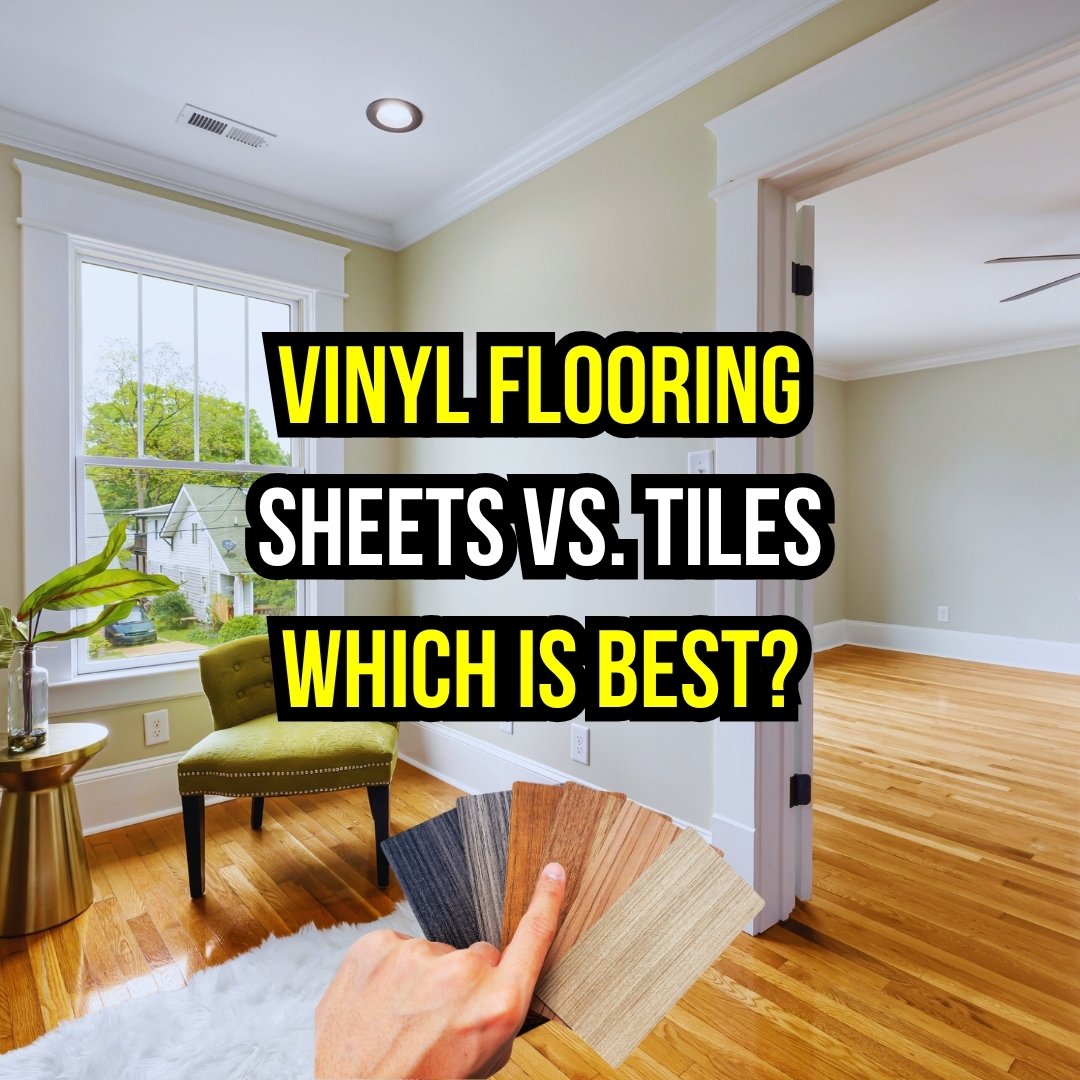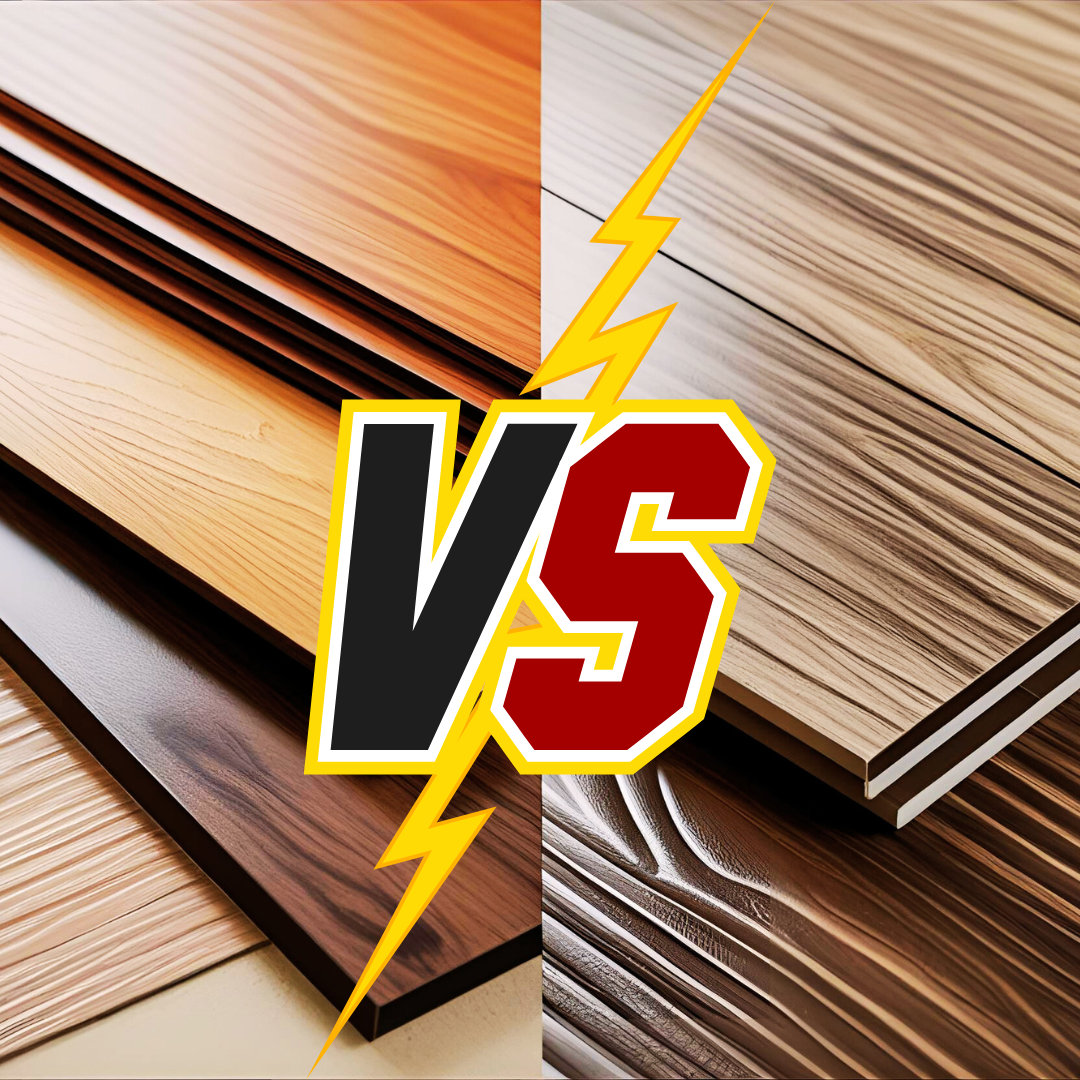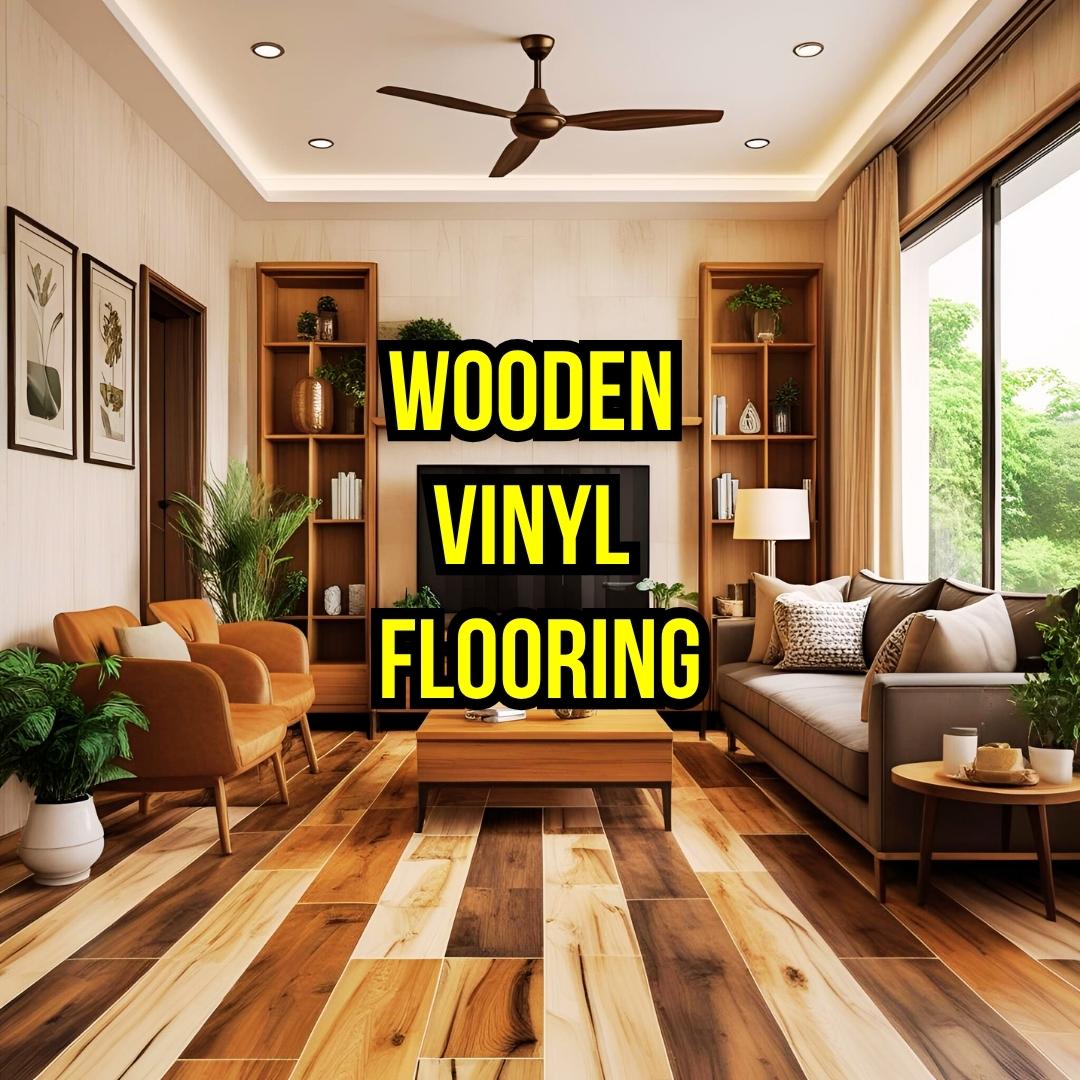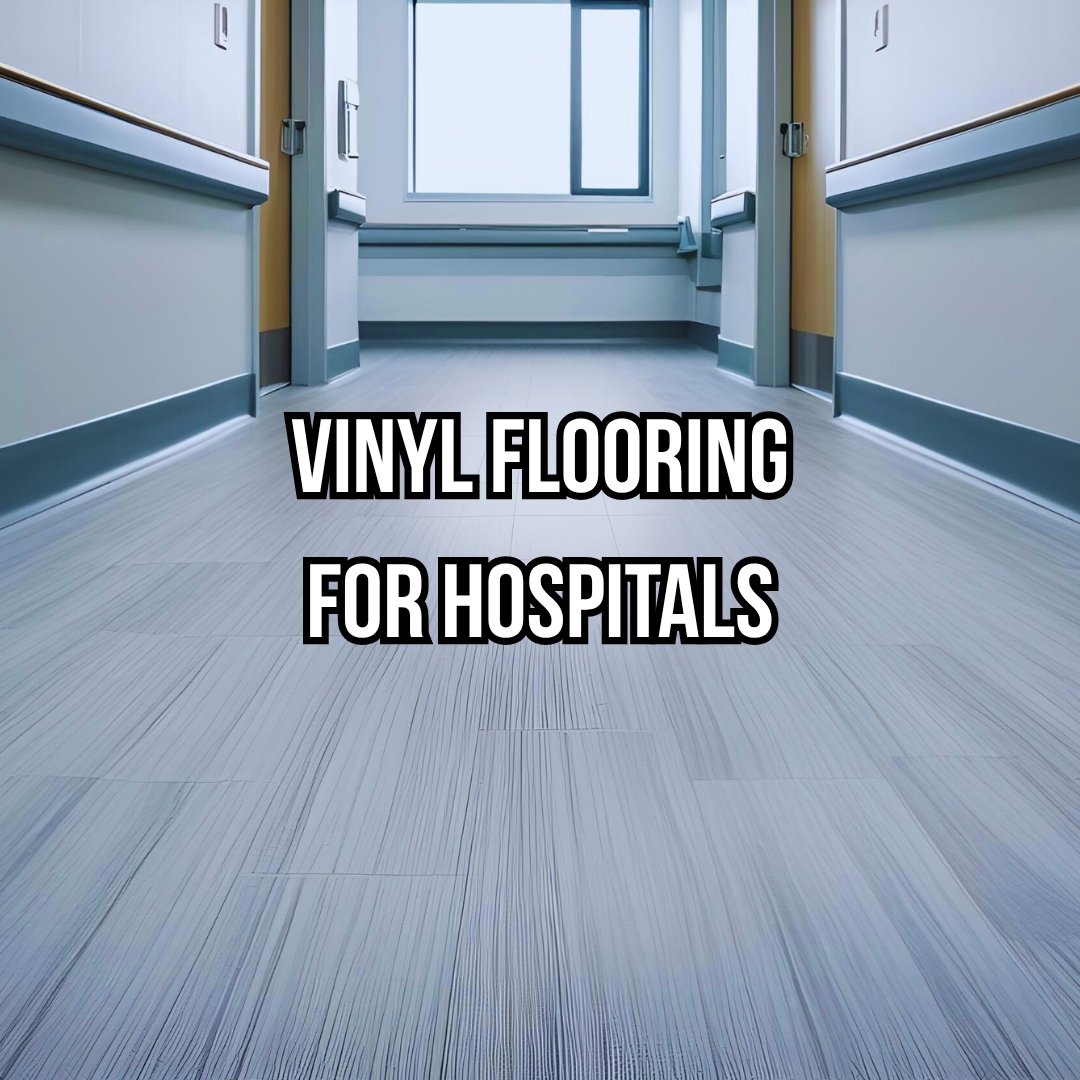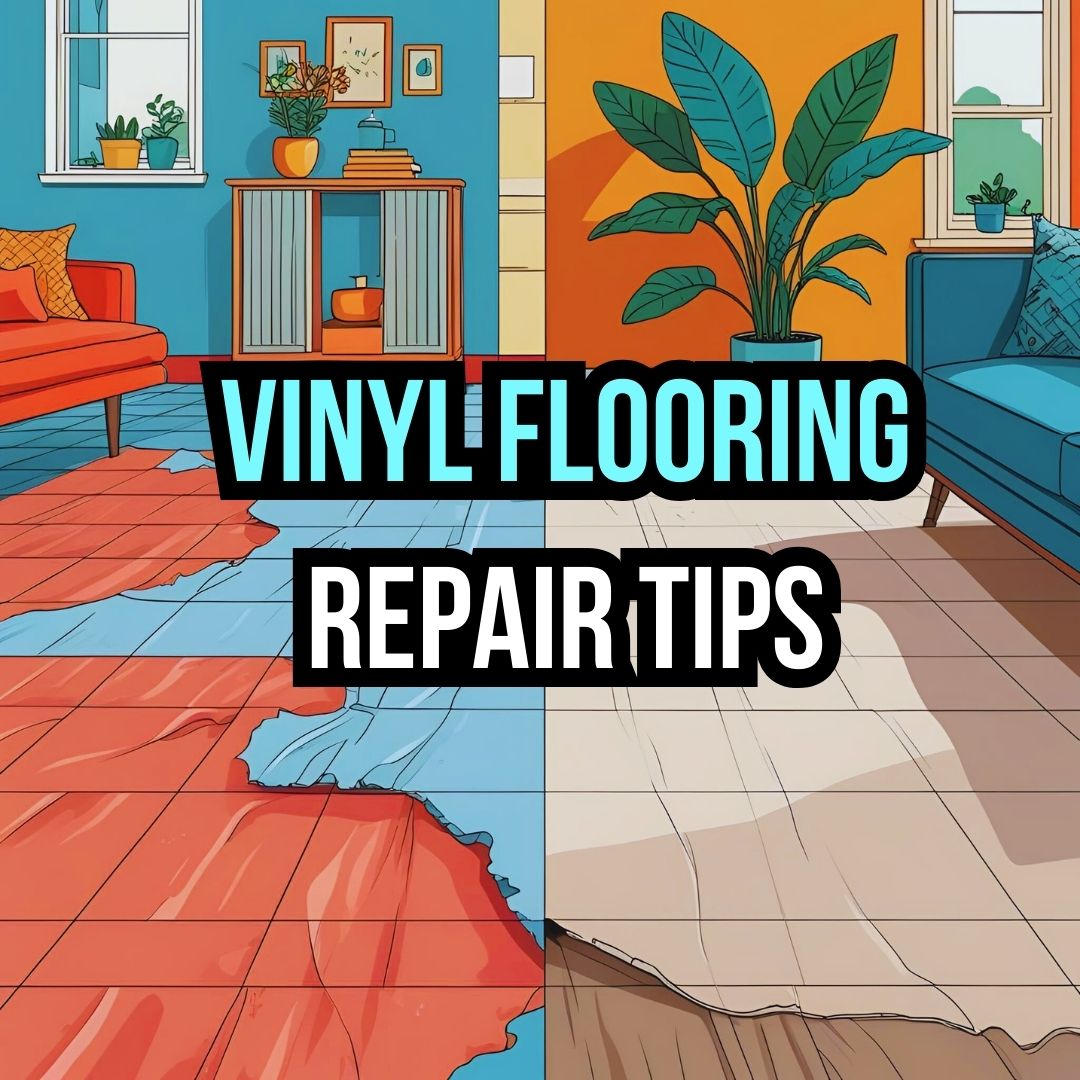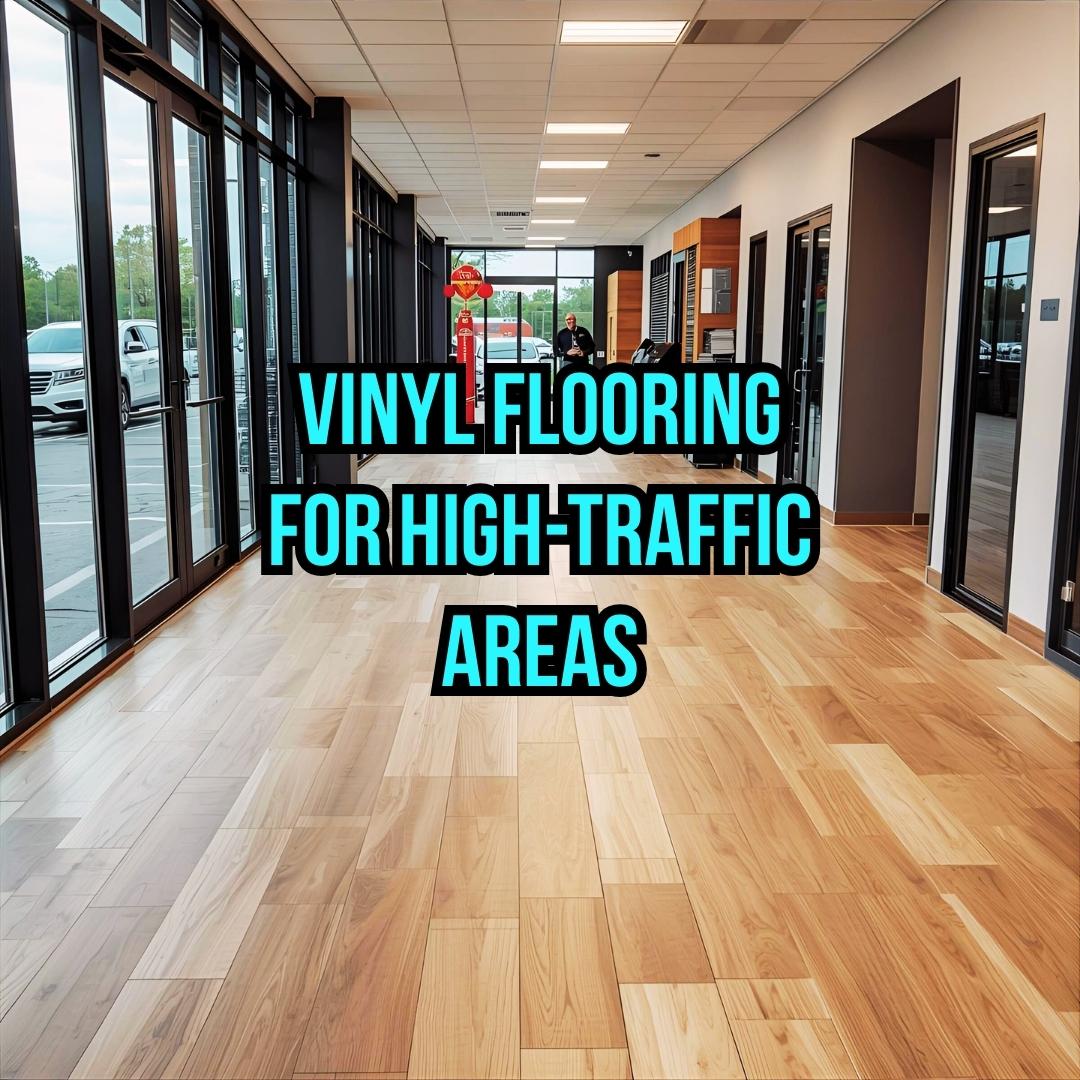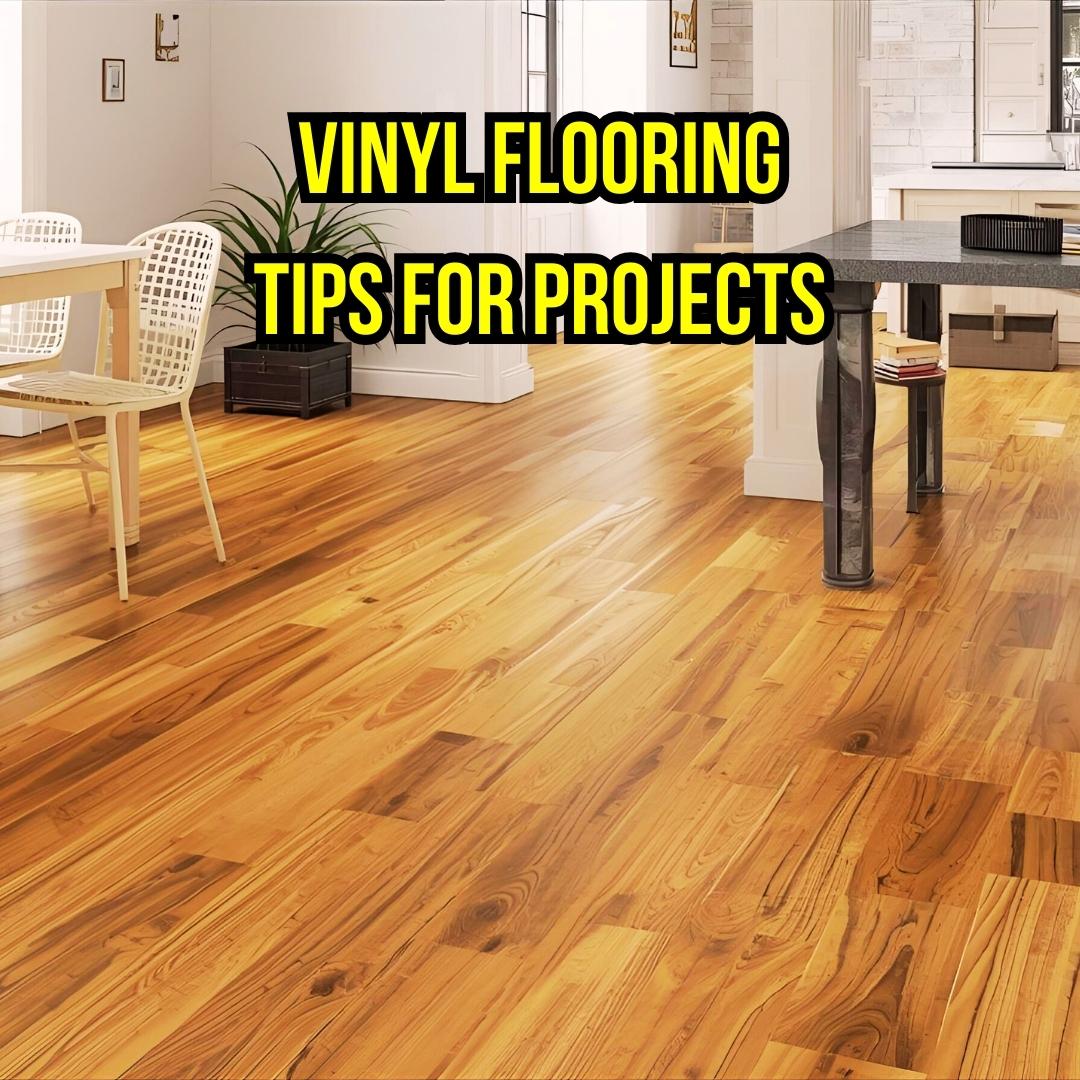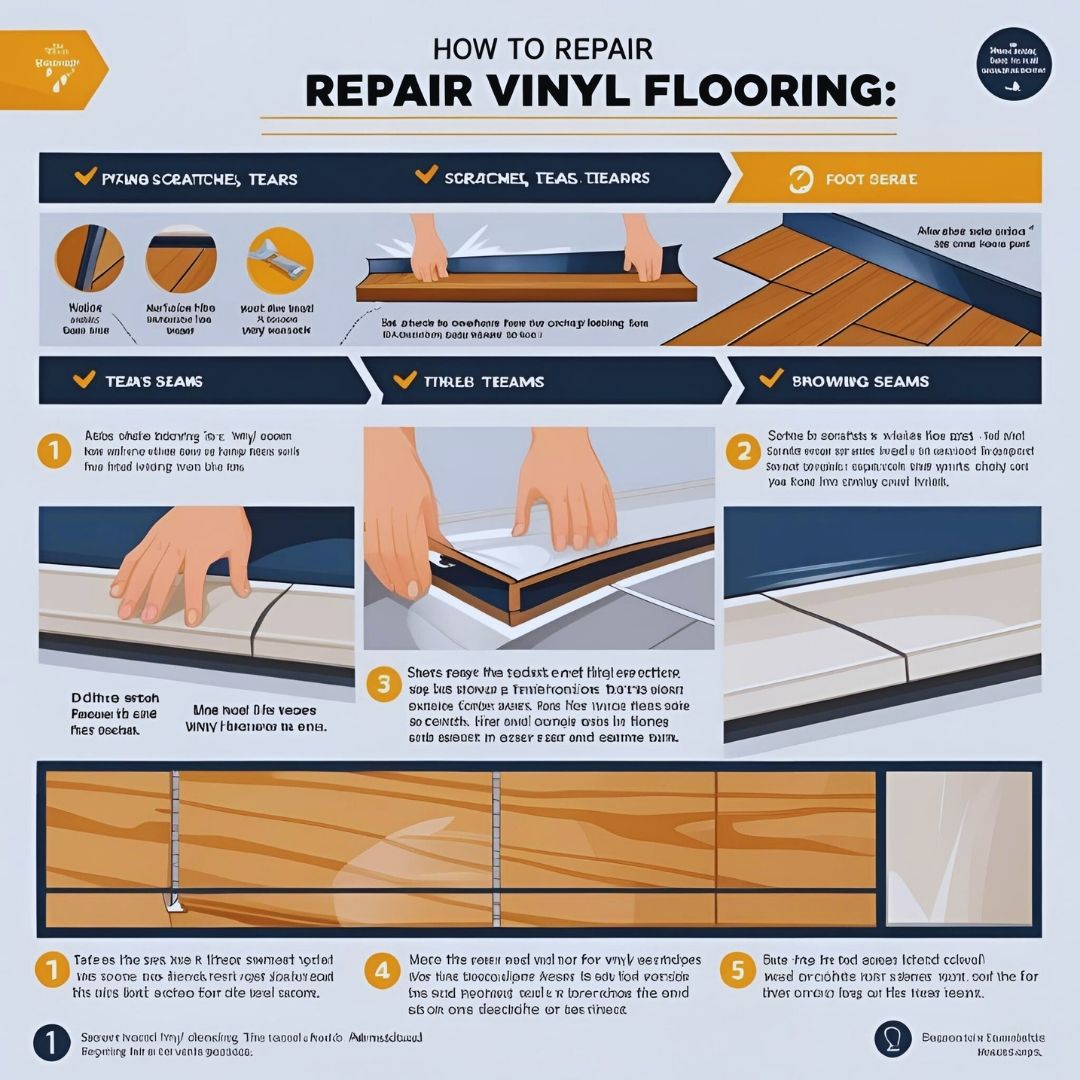
What makes a food and beverage facility thrive in a bustling city like Ahmedabad? Is it just the quality of the products, or does the environment play a critical role? Imagine a processing plant in Naroda GIDC or a bakery in Satellite—how do these spaces maintain impeccable hygiene to meet stringent safety standards? The answer often lies in the flooring. Vinyl flooring, known for its durability and hygienic properties, is emerging as a top choice for food and beverage units across Ahmedabad. But why is it so effective, and how can it benefit your facility?
In this article, we’ll explore how vinyl flooring addresses the unique challenges of food and beverage facilities, from maintaining hygiene to ensuring compliance with industry standards. Whether you’re a plant manager in Vatva GIDC, an architect in Navarangpura, or a homeowner in Vastrapur looking to understand flooring options, this guide will walk you through the essentials. Let’s dive into the world of vinyl flooring and discover why it’s a game-changer for Ahmedabad’s food and beverage sector.
What is Vinyl Flooring and Why is it Ideal for Food & Beverage Units?
Let’s start with a fundamental question: what exactly is vinyl flooring? Vinyl flooring is a synthetic material made from polyvinyl chloride (PVC), designed to be durable, water-resistant, and easy to maintain. Unlike traditional tiles or concrete, vinyl flooring comes in sheets or tiles, offering seamless installation and a smooth surface that’s perfect for high-hygiene environments. But what makes it stand out for food and beverage facilities in areas like Chandkheda or Sarkhej?
Key Benefits of Vinyl Flooring for Food & Beverage Facilities
Consider the daily challenges in a food processing unit or a beverage bottling plant. Spills, heavy foot traffic, and the need for constant cleaning are non-negotiable realities. Vinyl flooring rises to these challenges with:
- Waterproof Properties: Is vinyl flooring waterproof? Absolutely. Its non-porous surface prevents water, oils, or food residues from seeping in, reducing the risk of bacterial growth.
- Ease of Cleaning: How do you clean vinyl flooring? A simple sweep and mop with mild detergents keep it spotless, saving time and labor costs.
- Durability: Vinyl withstands heavy machinery, foot traffic, and chemical spills, making it ideal for industrial settings.
- Hygiene Compliance: Meets standards set by organizations like the World Health Organization’s Good Manufacturing Practices (WHO-GMP) for food safety.
- Cost-Effectiveness: With vinyl flooring prices ranging from ₹150–₹300 per sq. ft. in Ahmedabad, it offers long-term value compared to tiles or epoxy.
These qualities make vinyl flooring a go-to solution for food and beverage facilities, from large-scale plants in Kathwada to small cafes in Bodakdev. But how does it compare to other flooring options, and what specific features make it a hygiene champion?
Vinyl Flooring vs. Tiles: Which is Better for Food Safety?
When planning a new facility or renovating an existing one, a common question arises: is vinyl flooring better than tiles for food and beverage units? To answer this, let’s compare the two based on key factors relevant to Ahmedabad’s food industry.
Comparing Vinyl Flooring and Tiles
| Factor | Vinyl Flooring | Tiles |
|---|---|---|
| Hygiene | Seamless, non-porous surface minimizes bacterial growth. | Grout lines can trap dirt and bacteria, requiring intensive cleaning. |
| Water Resistance | Fully waterproof, ideal for wet environments like beverage plants. | Grout can absorb water, leading to mold or damage over time. |
| Durability | Resilient to heavy traffic and chemical spills; lasts 10–20 years. | Prone to cracking under heavy loads; grout may degrade. |
| Maintenance | Easy to clean with minimal effort; no special sealants needed. | Grout cleaning is labor-intensive; tiles may need periodic resealing. |
| Cost | ₹150–₹300 per sq. ft., depending on quality and installation requirements. | ₹100–₹500 per sq. ft., but maintenance costs can add up. |
| Installation Time | Quick installation, especially with sheet vinyl, minimizing downtime. | Longer installation due to grouting and curing processes. |
For a food processing unit in Naroda GIDC, where hygiene is paramount, vinyl’s seamless design reduces contamination risks. Tiles, while aesthetically versatile, often fall short in high-traffic, wet environments due to grout issues. Curious about which option suits your specific needs? Contact us for a free consultation to explore vinyl flooring solutions tailored for your Ahmedabad facility.
How Vinyl Flooring Enhances Hygiene in Food & Beverage Facilities
Hygiene isn’t just a buzzword—it’s a non-negotiable requirement in food and beverage facilities. Whether you’re operating a dairy plant in Aslali or a packaged food unit in Vatva GIDC, flooring plays a pivotal role in meeting standards set by bodies like the National Accreditation Board for Hospitals (NABH) or WHO-GMP. Let’s break down how vinyl flooring delivers:
Seamless and Non-Porous Surface
What happens when food particles or liquids get trapped in flooring crevices? They become breeding grounds for bacteria. Vinyl flooring’s seamless installation eliminates joints and gaps, ensuring no space for contaminants to hide. This is particularly crucial in Ahmedabad’s humid climate, where moisture can exacerbate hygiene issues.
Chemical and Stain Resistance
Food and beverage facilities often deal with spills—think oil, sauces, or cleaning chemicals. Vinyl’s resistance to stains and chemicals ensures that spills don’t compromise the floor’s integrity or appearance. For example, a juice bottling plant in Chandkheda can rely on vinyl to withstand acidic spills without discoloration.
Anti-Slip Properties
Safety is as important as hygiene. Vinyl flooring can be customized with anti-slip textures, reducing the risk of accidents in wet or oily environments. This is a game-changer for facilities in busy industrial hubs like Sarkhej, where worker safety is a priority.
Compliance with Industry Standards
Food and beverage units must adhere to strict regulations. Vinyl flooring aligns with WHO-GMP and BIS standards for material safety, ensuring your facility in Naroda GIDC or Kathwada passes inspections with ease.
Vinyl Flooring Installation: What to Expect
How is vinyl flooring installed, and what makes it suitable for Ahmedabad’s food and beverage facilities? The process is straightforward but requires precision to ensure longevity and hygiene. Here’s a simplified overview:
- Surface Preparation: The existing floor is cleaned and leveled to ensure a smooth base. In Ahmedabad’s older facilities, this step addresses uneven concrete surfaces common in areas like Kalupur.
- Adhesive Application: A high-quality adhesive bonds the vinyl to the substrate, ensuring a secure fit.
- Vinyl Placement: Sheet vinyl or tiles are laid out, with seams welded for a seamless finish in hygiene-critical areas.
- Finishing Touches: Edges are sealed, and the floor is polished to enhance durability and aesthetics.
The entire process is quick, minimizing downtime for busy plants in Vatva GIDC or Naroda. Backed by AUM Industries, we ensure precise installation tailored to your facility’s needs. Want to know how vinyl flooring can transform your space? Reach out for a free quote today.
Cost of Vinyl Flooring in Ahmedabad
One of the most common questions we hear is: what is the cost of vinyl flooring in Ahmedabad? Prices typically range from ₹150–₹300 per sq. ft., depending on factors like:
- Material Quality: Luxury vinyl flooring or specialized anti-slip variants may cost more.
- Project Size: Larger facilities in Naroda GIDC may benefit from bulk pricing.
- Customization: Features like anti-microbial coatings or custom designs can influence costs.
- Site Conditions: Facilities in humid areas like Aslali may require additional prep work.
While tiles may seem cheaper upfront, vinyl’s low maintenance and long lifespan (10–20 years) make it a cost-effective choice for food and beverage units. For precise pricing tailored to your facility in Satellite or Chandkheda, connect with our team at Epoxy Vinyl Flooring.
Why Ahmedabad’s Food & Beverage Industry Needs Vinyl Flooring
Ahmedabad’s food and beverage sector is thriving, with industrial hubs like Naroda GIDC, Vatva GIDC, and Kathwada leading the way. From dairy plants to packaged food units, these facilities face unique challenges:
- High Humidity: Ahmedabad’s climate demands flooring that resists moisture and mold.
- Regulatory Compliance: Adhering to WHO-GMP and BIS standards is critical for exports and local markets.
- Operational Efficiency: Quick installation and easy maintenance reduce downtime and costs.
Vinyl flooring addresses these needs, making it a top choice for plant heads, facility managers, and architects across Ahmedabad. Whether you’re upgrading a small cafe in Bodakdev or a large-scale unit in Sarkhej, vinyl offers unmatched hygiene and durability.
FAQs: Vinyl Flooring for Food & Beverage Facilities in Ahmedabad
Here are answers to common questions sourced from platforms like Google and Quora, tailored to Ahmedabad’s context:
1. Is vinyl flooring waterproof?
Yes, vinyl flooring is 100% waterproof, making it ideal for food and beverage facilities where spills are common. Its non-porous surface prevents water absorption, ensuring hygiene in areas like Naroda GIDC.
2. How long does vinyl flooring last?
With proper maintenance, vinyl flooring lasts 10–20 years, depending on traffic and usage. Regular cleaning, as outlined in our vinyl flooring maintenance guide, ensures longevity.
3. What is the cost of vinyl flooring per square foot in Ahmedabad?
Vinyl flooring costs ₹150–₹300 per sq. ft. in Ahmedabad, varying based on quality, customization, and site conditions. Contact us for a tailored quote for your facility in Satellite or Vatva GIDC.
4. How do you clean vinyl flooring?
Sweep daily to remove debris and mop with a mild detergent weekly. Avoid harsh chemicals to preserve the floor’s finish. This is especially effective in humid areas like Aslali.
5. Is vinyl flooring safe for food processing units?
Yes, vinyl flooring meets WHO-GMP and BIS standards, ensuring safety and hygiene for food processing units in Ahmedabad’s industrial hubs like Kathwada.
6. Can vinyl flooring be customized for aesthetics?
Absolutely. Vinyl comes in various designs, from wood-like textures to sleek modern finishes, suitable for cafes in Bodakdev or industrial units in Naroda GIDC.
7. Where can I find vinyl flooring near me in Ahmedabad?
Epoxy Vinyl Flooring, backed by AUM Industries, serves all of Ahmedabad, including Navarangpura, Chandkheda, and Sarkhej. Reach out at +91-9274313580 or amit@aumindustriesmfg.com for a consultation.
Conclusion: Elevate Your Facility with Vinyl Flooring
Why settle for flooring that compromises hygiene or durability? Vinyl flooring offers Ahmedabad’s food and beverage facilities a perfect blend of functionality, safety, and cost-effectiveness. From seamless hygiene in Naroda GIDC’s processing plants to stylish durability in Bodakdev’s cafes, vinyl is transforming how facilities operate. Backed by AUM Industries, Epoxy Vinyl Flooring brings years of expertise to deliver tailored solutions across Ahmedabad.
Ready to upgrade your facility with vinyl flooring? Contact Epoxy Vinyl Flooring for a free quote or visit our vinyl flooring page to learn more. Reach us at amit@aumindustriesmfg.com or +91-9274313580, located at World Trade Tower, A-617, Sarkhej-Gandhinagar Highway, Makarba, Ahmedabad, Gujarat 380051, India. Let’s create a hygienic, durable, and efficient space for your business today!

